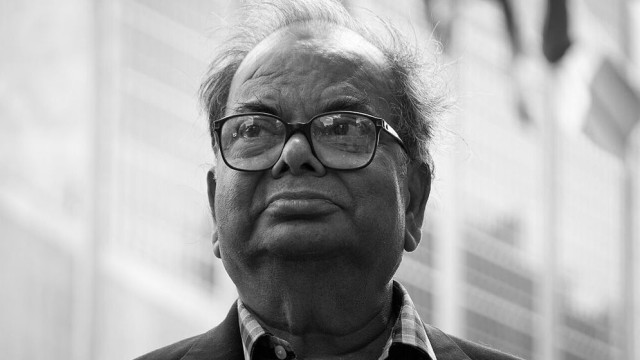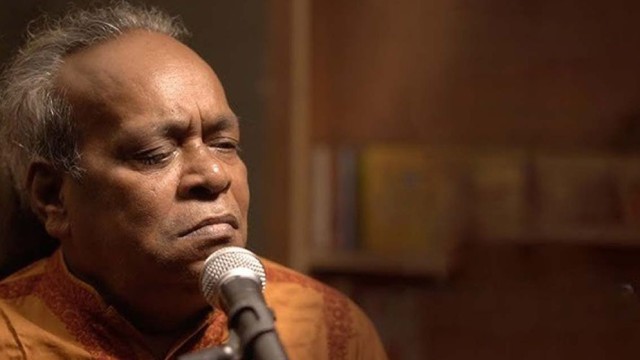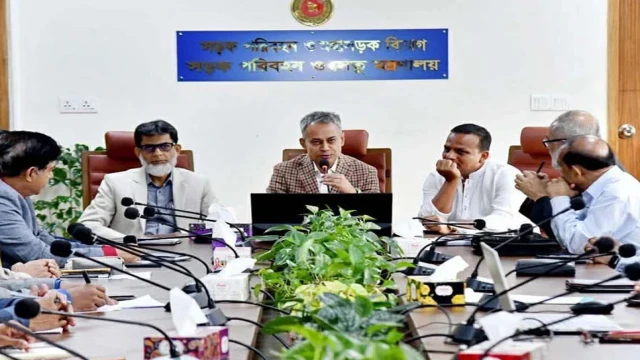India has made a triumphant return to the competition section of the Cannes Film Festival after a nearly three-decade absence, marking a significant milestone for the country's film industry.
The last time an Indian film graced the competition category at Cannes was in 1994, with Saji Karun's "Souhamai." Since then, Indian cinema has been notably absent from the prestigious competition, raising questions and concerns within the industry.
However, the long-standing hiatus was broken by Payal Kapadia's "All We Imagine as Light," which has been selected to compete alongside 18 other films in the main competition category at the upcoming 77th edition of the Cannes Film Festival, set to commence on May 14.
This momentous occasion follows Payal Kapadia's previous success at Cannes, where her documentary "The Night of Knowing Nothing" earned the prestigious Golden Eye award at the Director's Fortnight in 2021.
The absence of Indian films in the Cannes competition section has been a topic of discussion and reflection within the Indian film community. Filmmakers and actors alike have expressed concerns over the lack of representation and the overshadowing of cinematic discussions by superficial matters like red carpet appearances.
Some reasons cited for India's absence from the Cannes competition include challenges in producing the type of films that meet the festival's expectations, constraints on artistic freedom, and differences in aesthetic preferences between Indian and Western cinema.
While countries like Japan, Iran, and South Korea have consistently made their mark on the international film stage, South Asian cinema, including India, has struggled to maintain a presence at festivals like Cannes.
The recent recognition of Bangladeshi and Pakistani films at Cannes underscores the importance of collaboration and understanding between South Asian countries and festival programmers. By embracing the language of world cinema and fostering greater cooperation, South Asian cinema can aspire to reclaim its position on the global stage.






























Comment: